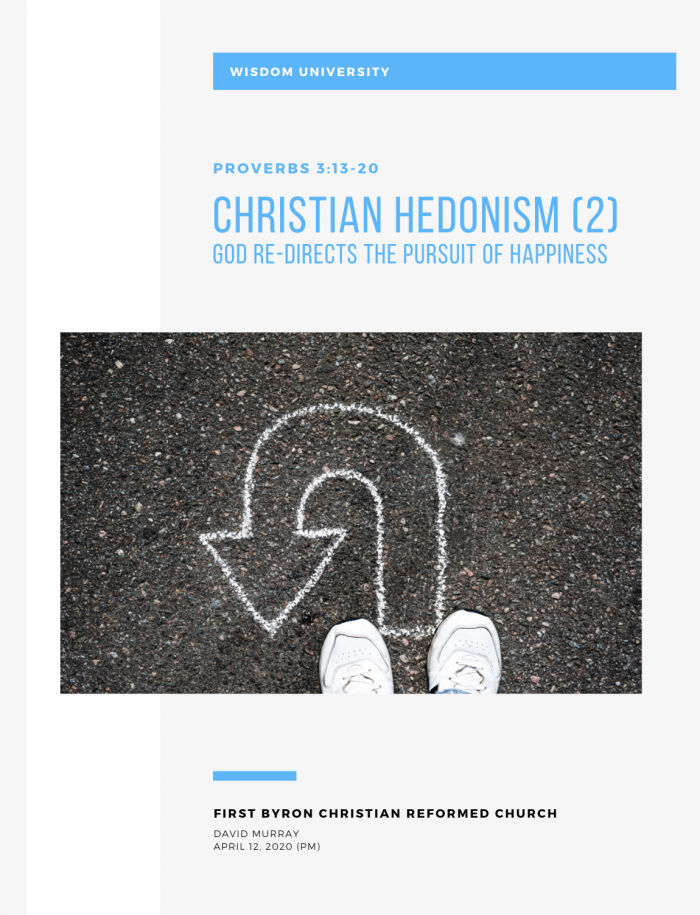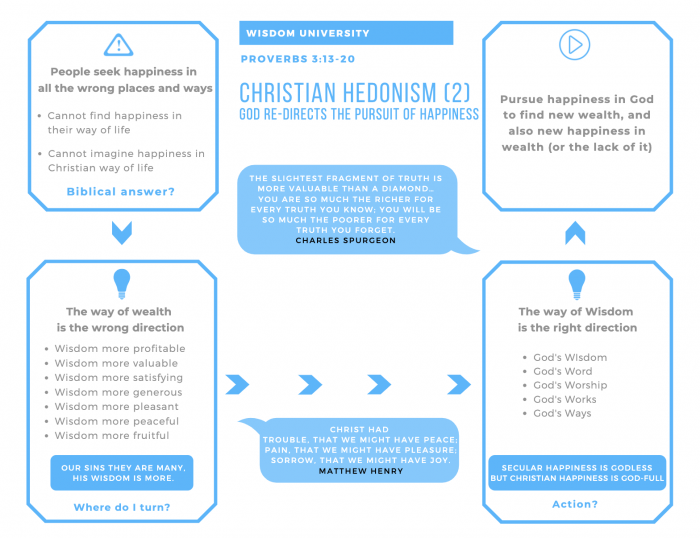Introduce kids to the Savior of sinners. This is a series of audio podcasts for kids who want to meet with Jesus by using Meeting with Jesus: A Bible Reading Plan for Kids.
Yesterday we answered the question “Who is Jesus?” Today we want to answer a second question: “What did Jesus do?”
Why is that important to ask? Well until you know what someone does, you won’t know what he or she can do for you.
For example, if you want to know how to do math, you don’t just walk down the street and ask the first person you meet. You ask someone who teaches math.
Or if you want to know how to swim, you ask someone who can swim themselves.
So we ask, “What did Jesus do?” and “What does Jesus do?” so that we can know what he can do for us.
I could give you a really long answer to this question, because Jesus did lots and lots and lots of things. But I want to keep this short and simple, so I’ll cut it down to the shortest answer possible. I’ll tell you what he did and then tell you what he still does! First of all, what did Jesus do?
Jesus lived and saved: Jesus lived about 2000 years ago. The Son of God became the Son of Man, lived on this earth and died on the cross to save sinners like us from our sins.
Jesus lives and saves: But this isn’t just past tense. Jesus still lives and Jesus still saves. He is as alive today as he was 2000 years ago and also just as able to save. He lives in heaven but can also come and live in our hearts too to save us from our sins.
We are dying and cannot save ourselves, but Jesus lives and can save us.
Why don’t you pray for the Lord Jesus to live in your heart and save you so you can live forever.
Know what Jesus did and does, so that you’ll know to ask him to save you and give you eternal life.
Listen to this episode on Living the Bible podcast. You can subscribe to the podcast on iTunes and Spotify.


